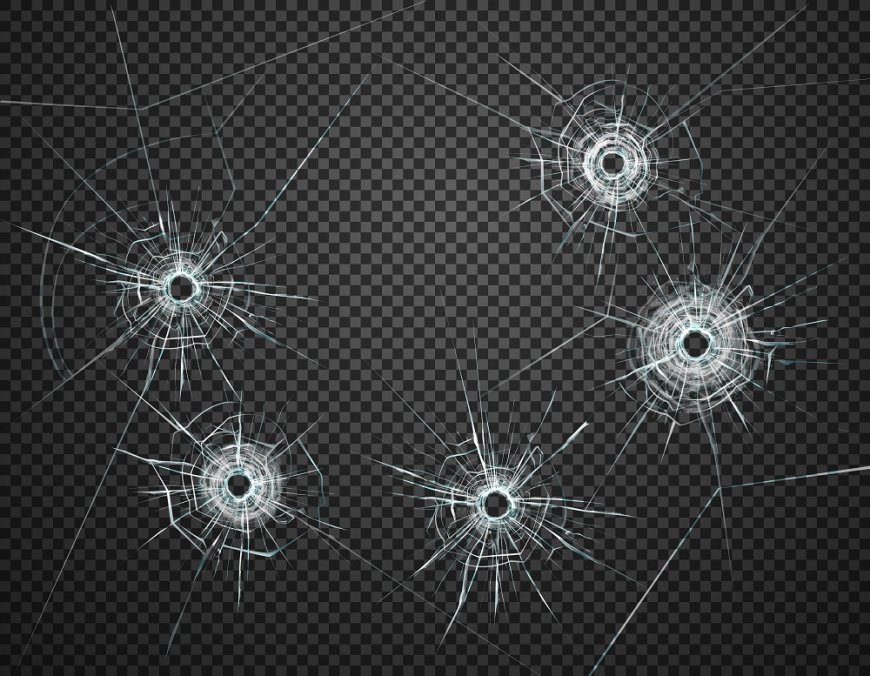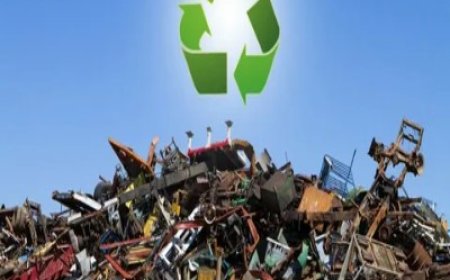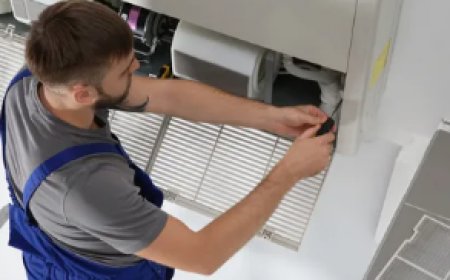Top 5 Questions to Ask a Bullet-Resistant Glass Manufacturer

When considering bullet-resistant glass for your facility, vehicle, or building, choosing the right manufacturer is just as important as choosing the right product. Not all bullet-resistant glass is created equal, and understanding the key elements of quality, performance, and support can help you make an informed decision. Here are the top five questions you should ask a bullet-resistant glass manufacturer before making a purchase.
1.What Levels of Protection Do You Offer, and How Are They Tested?
Bullet-resistant glass comes in different levels of protection, commonly categorized using standards like UL 752 (Underwriters Laboratories) in the U.S. or EN 1063 in Europe. These levels determine the types of firearms and ammunition the glass can withstandfrom small-caliber handguns to high-powered rifles.
Ask the manufacturer to clearly explain the protection levels they offer and how their products are tested. Do they follow official testing protocols from recognized agencies? Are their products independently tested and certified, or are results based solely on in-house evaluations? A reliable manufacturer should provide documentation that verifies performance under rigorous testing conditions.
Understanding the specifics of each protection level ensures you choose the right product for your threat environment, whether it's a convenience store needing protection from handgun threats or a military vehicle requiring rifle-level resistance.
2.What Materials and Construction Methods Are Used?
Bullet-resistant glass is often a laminate of several materialstypically layers of glass and polycarbonate or other plastics. How these materials are layered and bonded can drastically impact the products clarity, thickness, weight, and durability.
Ask the manufacturer about the composition of their glass. Do they use traditional glass-clad polycarbonate, all-glass laminates, or advanced materials like acrylic? Each construction method has trade-offs: for example, polycarbonate may reduce weight but can scratch more easily over time. All-glass laminates are often clearer and more scratch-resistant, but heavier and more brittle.
Understanding the construction will help you evaluate not just protection, but also long-term maintenance, optical clarity, and installation compatibility.
3.Can the Glass Be Customized for My Application?
Bullet-resistant glass isn't one-size-fits-all. Whether you're retrofitting a storefront, securing a control room, or upgrading a vehicle, your project may require specific dimensions, shapes, or even aesthetic features such as tinting or framing.
Ask whether the manufacturer offers custom-cut solutions and if they can accommodate unique shapes, sizes, or performance requirements. For example, can they incorporate additional features like fire-resistance, forced-entry resistance, or privacy treatments?
A manufacturer with in-house engineering and fabrication capabilities is more likely to deliver a seamless product that fits your design and security goals without compromising on protection.
4.What Are the Installation and Maintenance Requirements?
The performance of bullet-resistant glass depends not only on the glass itself but also on how its installed and maintained. Improper installation can compromise protection, allow moisture intrusion, or lead to delamination over time.
Ask the manufacturer about their recommended installation procedures. Do they provide detailed installation guidelines or offer installation services? Can they recommend trained professionals in your area?
Additionally, inquire about maintenance. How should the glass be cleaned? What signs of wear should you look for? Is there a warranty, and what does it cover? A good manufacturer will stand behind their product and help ensure it performs as expected throughout its service life.
5.What Support and Documentation Will You Provide?
Finally, look beyond the product and consider the relationship with the manufacturer. Ask what kind of support they provide during and after the purchase. Will they assist with risk assessment or help you choose the right level of protection? Do they provide CAD drawings, product datasheets, and certifications for code compliance?
Reliable documentation and responsive customer service are crucial, especially if you're working on a tight timeline or within regulated industries like banking, law enforcement, or public infrastructure.
A manufacturer that is transparent, communicative, and technically knowledgeable will not only help you make the right choicebut will also be a valuable partner as your security needs evolve.
Final Thoughts
Choosing bullet-resistant glass is a serious investment in safety and security. Asking the right questions upfront will help you avoid costly mistakes and ensure you receive a product that meets your performance, aesthetic, and budgetary requirements. A reputable manufacturer wont just sell you a sheet of glasstheyll offer expertise, customization, and long-term support to help keep people and property safe.









































